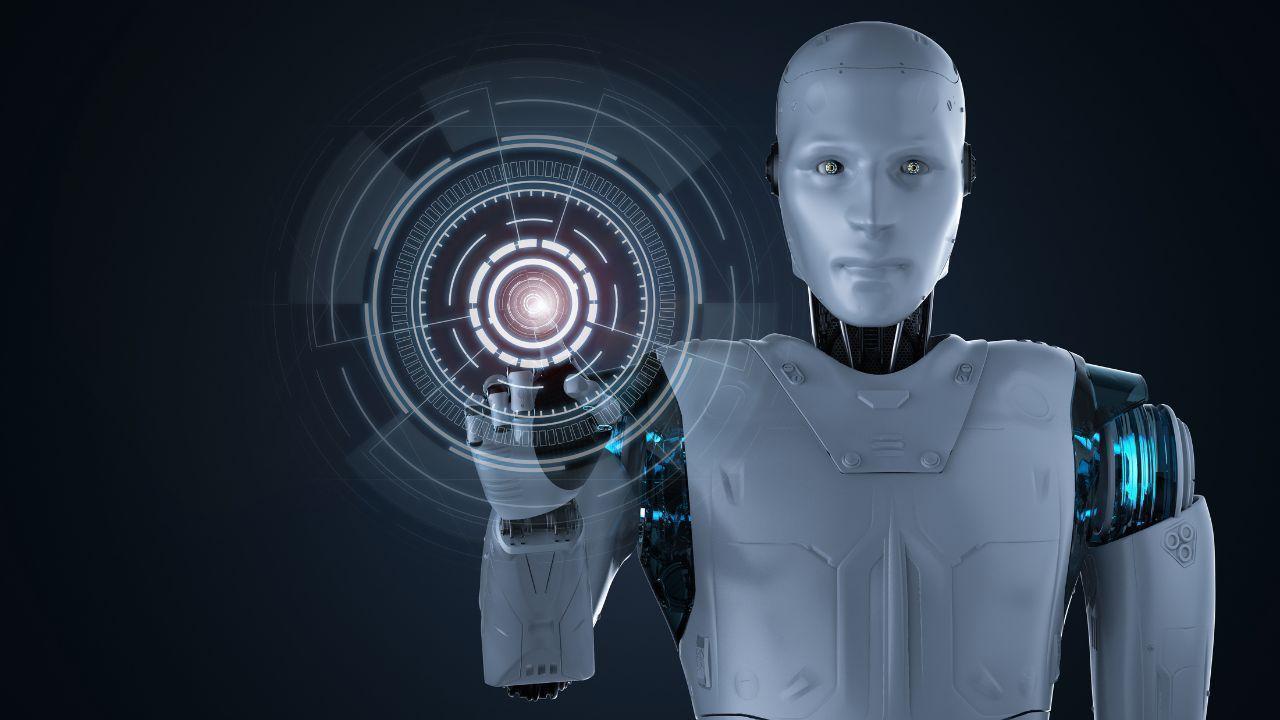
Post by : Vansh
We’ve entered a new chapter in history—one where living with AI isn’t a distant possibility, but a present-day reality. From smartphones that finish your sentences to smart homes that understand your habits, artificial intelligence is now a seamless part of daily life. What was once science fiction has evolved into science fact, and this transformation is defining the human-AI coexistence era like never before.
AI is no longer a tool we use occasionally; it’s a digital partner shaping our experiences, decisions, and environments. This coexistence is not just technological—it’s social, emotional, and deeply personal. So, what does this new world look like? Let’s explore how humans and machines are learning to live—and thrive—together.
One of the clearest examples of our human-AI coexistence can be seen in modern homes. Smart devices like voice assistants, connected thermostats, AI-powered security systems, and intelligent lighting have made everyday living more efficient, personalized, and comfortable.
These devices adapt to our behavior. For example, your smart assistant might remind you of appointments, turn off lights when you leave the room, or suggest a dinner recipe based on what’s in your fridge. With AI integration, the home becomes a responsive, learning environment that supports human needs in real-time.
As more people adopt AI-enabled appliances, homes are gradually becoming hubs of intelligent living. It's not about controlling machines anymore—it's about collaborating with them.
In the workplace, AI is rapidly changing the nature of jobs and productivity. From automated scheduling to virtual assistants, AI streamlines tasks that once consumed valuable human time. In industries such as finance, retail, logistics, and healthcare, algorithms analyze vast amounts of data in seconds, offering insights that would take humans days to uncover.
But rather than replacing human workers, AI is increasingly seen as a collaborative partner. This trend is known as "augmented intelligence"—where humans and machines combine their strengths. AI handles the routine and repetitive, while humans focus on strategy, creativity, and empathy.
New job roles are also emerging—AI trainers, ethicists, prompt engineers, and machine-learning explainers—highlighting how humans are adapting alongside the technology they once feared might replace them.
The impact of AI in healthcare is nothing short of revolutionary. AI tools are being used to detect diseases at earlier stages, predict patient outcomes, and even suggest treatment plans based on patient history and global data.
For instance, AI can identify subtle patterns in imaging scans that human doctors might miss. It can track vital signs remotely and alert medical professionals before a health crisis occurs. These technologies are not replacing doctors but enhancing medical decisions with higher precision.
Interestingly, AI is also playing a role in mental health. Chatbots like Woebot and Wysa offer conversational support to users dealing with stress, anxiety, or depression. While these aren’t substitutes for therapists, they are an accessible first step toward emotional care in regions where mental health support is limited.
Education is another area where living with AI is reshaping how we teach and learn. Intelligent tutoring systems adapt content based on a student’s pace and performance. This means struggling learners receive extra support, while advanced students move ahead, making learning more personalized and effective.
AI is also making education more inclusive. Real-time language translation, speech-to-text tools, and visual aids are opening doors for students with disabilities or language barriers.
Teachers benefit as well. AI can automate grading, analyze class performance, and offer insights on where students need improvement, giving educators more time to focus on teaching rather than administration.
The content in this article is intended for informational purposes only and does not constitute professional or legal advice. The views expressed are those of the author and may not reflect the official stance of MiddleEastBulletin. Readers are encouraged to verify facts and consult experts before making any decisions based on this information.
#trending #latest #LivingWithAI #HumanAICoexistence #FutureOfAI #AIandHumans #SmartTechnology #AIinDailyLife #ArtificialIntelligence #AIRevolution #DigitalFuture #AIinHealthcare #AIinEducation #EthicalAI #AIImpact #TechAndSociety #AIEverywhere #MiddleEastBulletin #MiddleEastNews #BreakingNews #LiveUpdates #BulletinLive #BusinessNews #WorldHeadlines #SocialUpdates #TechNews #HealthUpdates #EducationNews #ClimateWatch #SportsBuzz #TravelMiddleEast #VoiceOfTheMiddleEast #TrendingNow
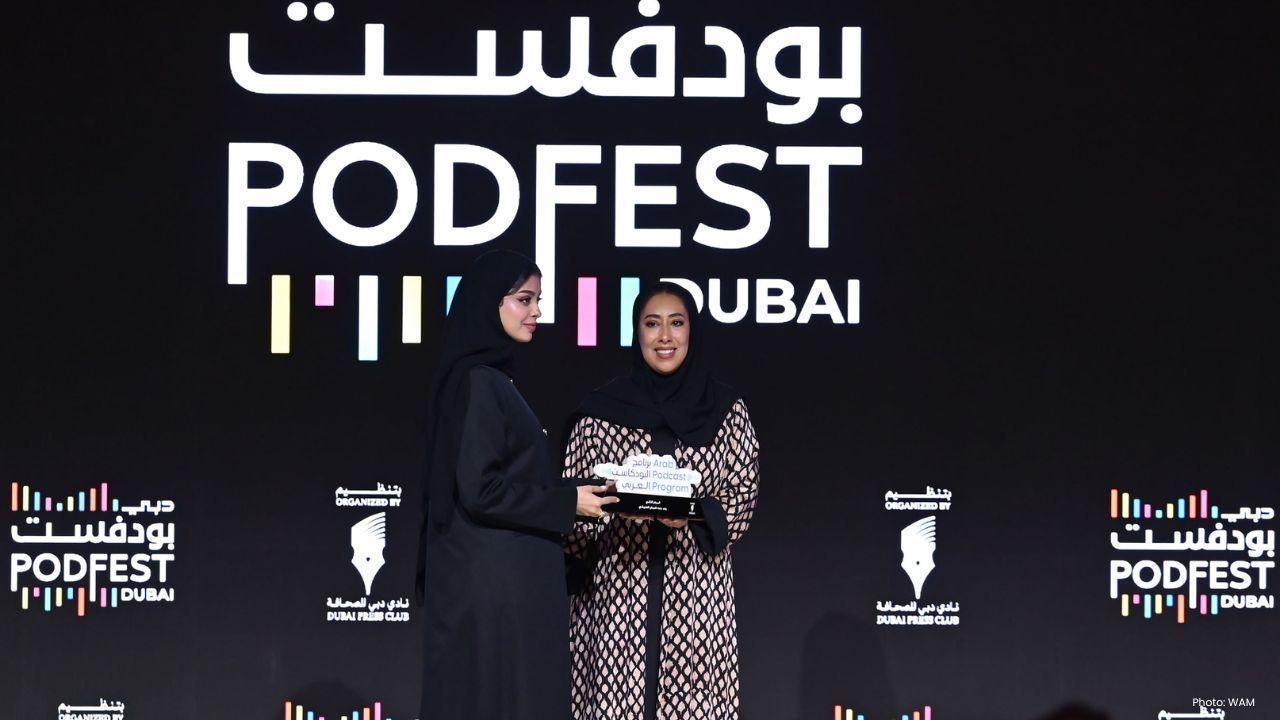


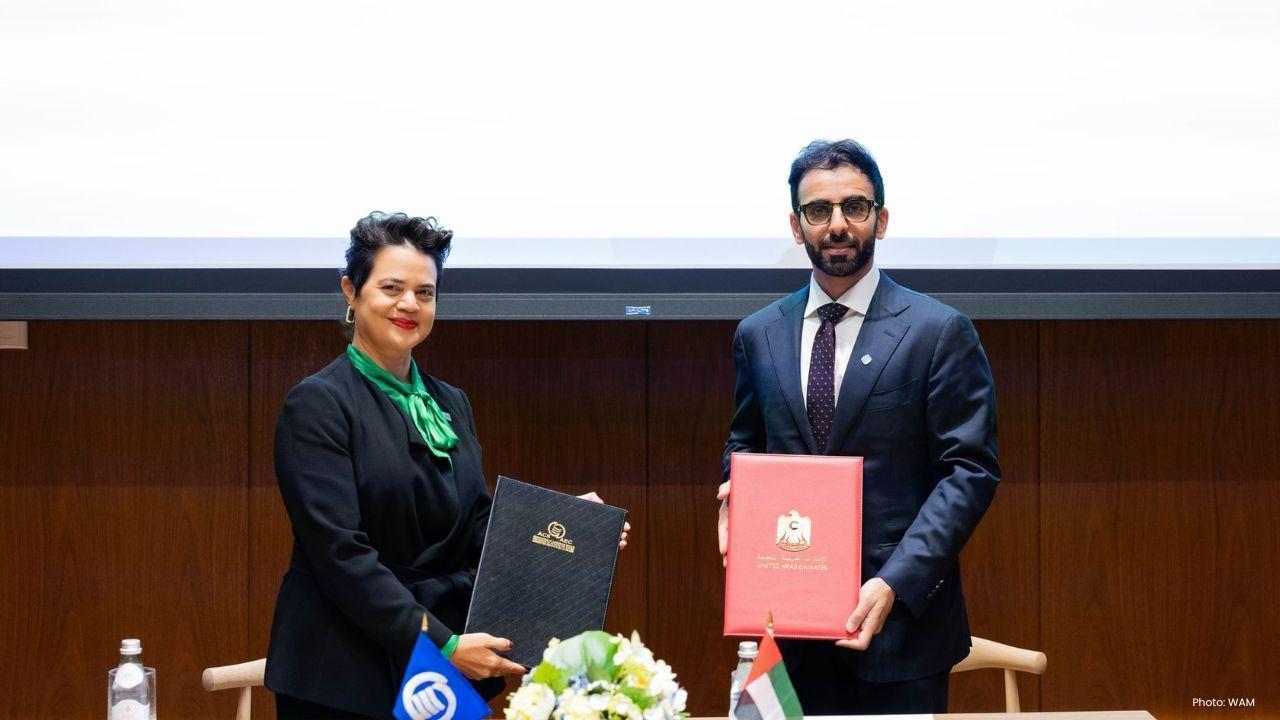
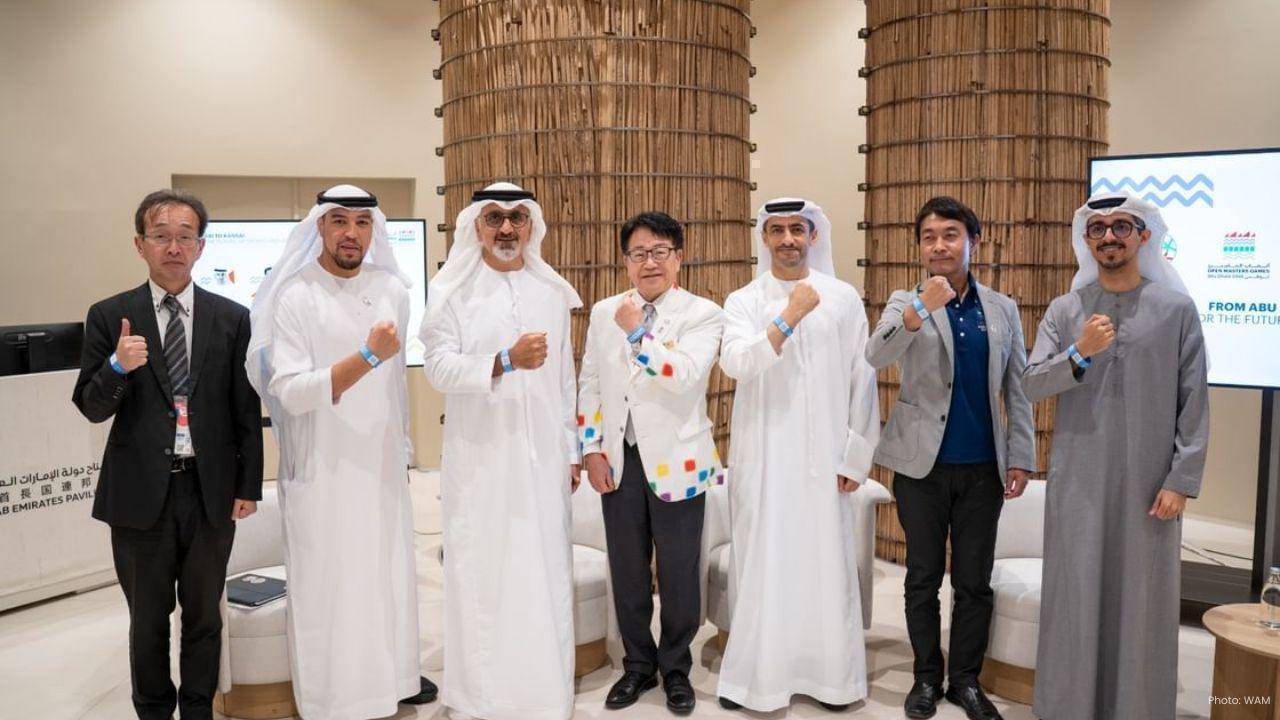


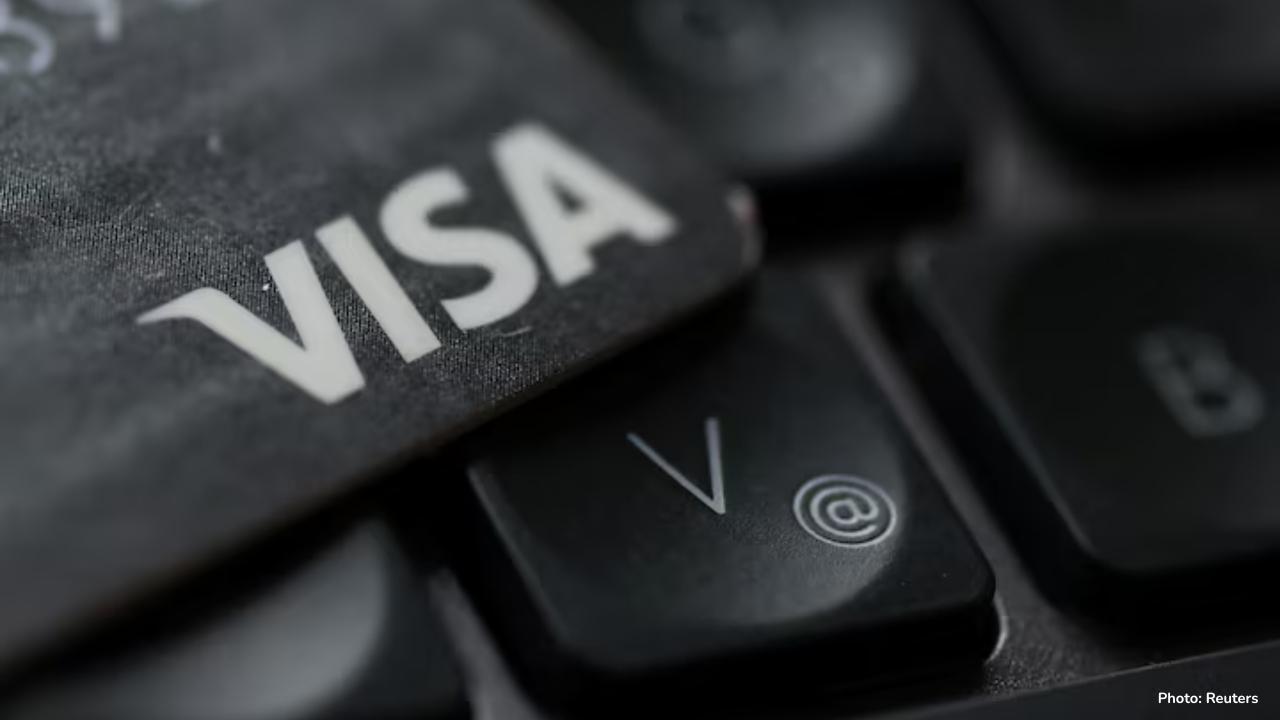
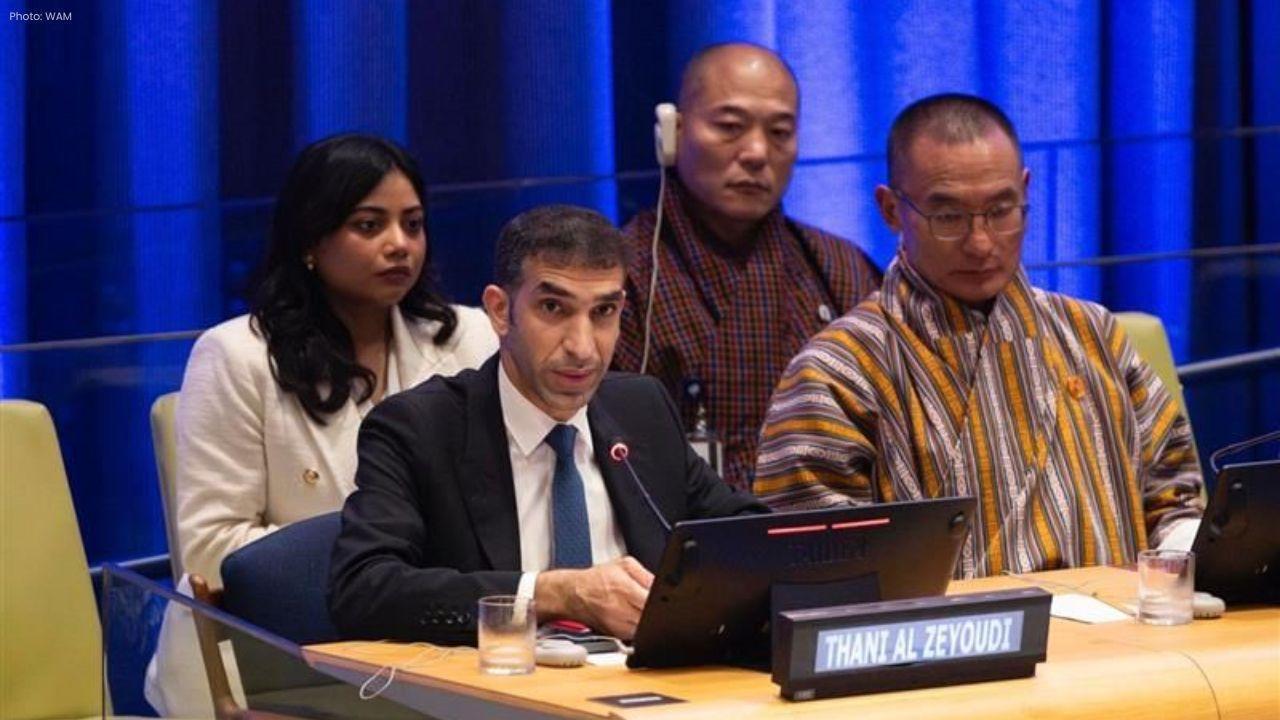

OpenAI's Revenue Soars to $4.3 Billion in First Half of 2025
OpenAI's revenue reaches $4.3 billion in the first half of 2025, marking a 16% increase from the pre

UAE Leaders Send Condolences to Saudi King Over Princess Abta's Death
UAE rulers and crown princes sent heartfelt messages to King Salman, mourning the passing of Princes

Brazil's Surplus Clean Energy Attracts Crypto Miners
Brazil's excess renewable energy is luring cryptocurrency miners. Companies like Tether and Renova E

Visa Tests Stablecoins to Make Global Payments Faster
Visa is testing stablecoins for international payments, aiming to speed up transactions and reduce t

Opera Unveils Neon AI Browser for Smarter Web Browsing
Opera introduces Neon, an AI-powered browser that automates tasks and enhances privacy, aiming to re

Albanese Visits Sheikh Zayed Grand Mosque in Abu Dhabi
Australian PM Albanese tours Sheikh Zayed Grand Mosque, highlighting peace, tolerance, and cultural